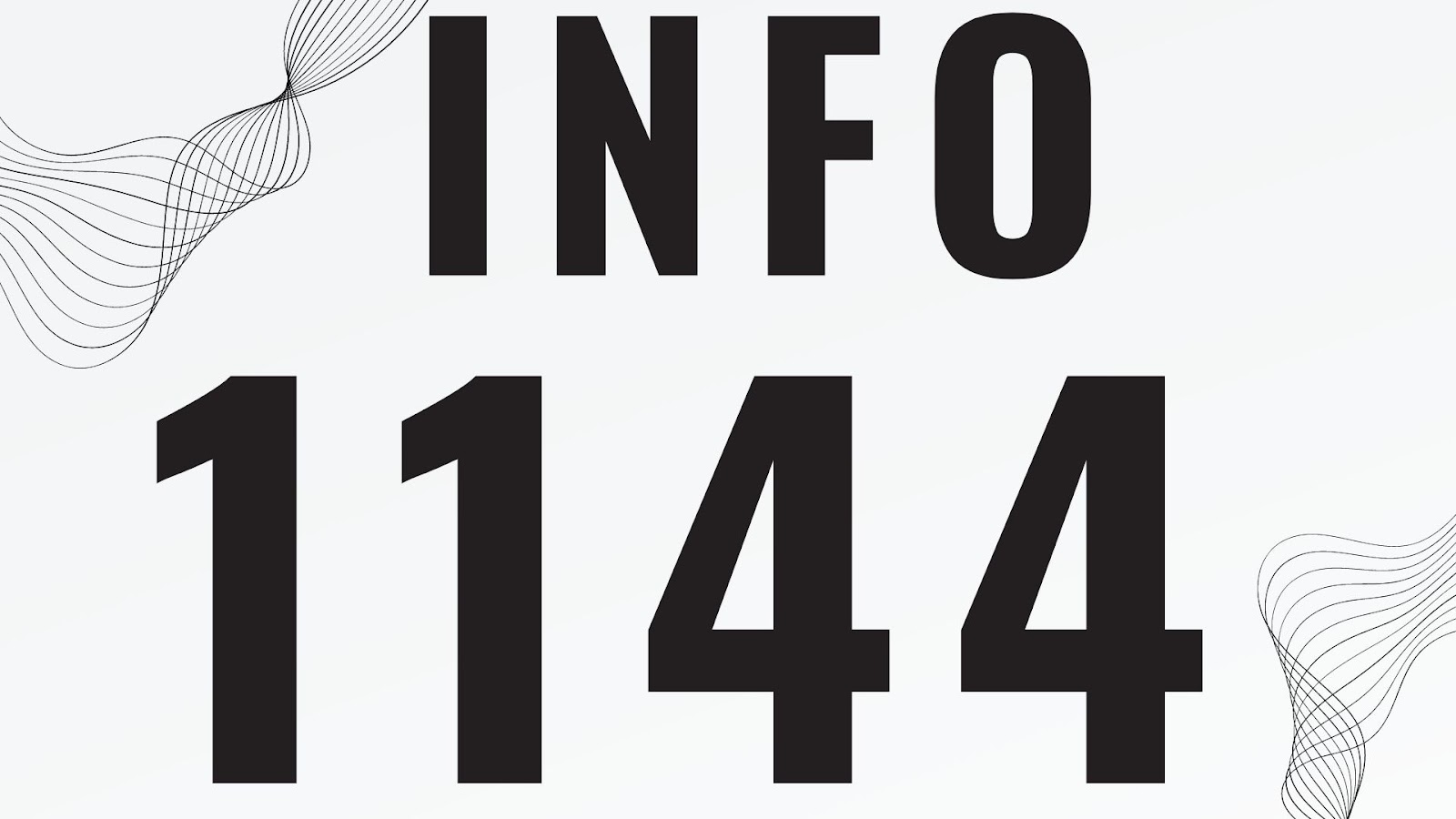Researchers Unveil Breakthrough Cancer Diagnosis Test Using Dried Blood Spots
In a groundbreaking development, scientists have unveiled a simple and inexpensive experimental test for diagnosing cancer, which could revolutionize the way the disease is detected and treated. This pioneering test, requiring just a minuscule dried blood spot, has demonstrated remarkable sensitivity levels ranging from 82% to 100% and delivers results within mere minutes.
The novel approach, spearheaded by researchers in China, holds immense promise, particularly for individuals in low-income countries where access to advanced medical diagnostics is often limited. By harnessing the power of artificial intelligence (AI), specifically machine learning, this innovative system represents a significant leap forward in cancer detection technology.
The focus of the study centered on pancreatic, gastric, and colorectal cancer, three prevalent and potentially deadly forms of the disease. By utilizing dried blood spots, the researchers aimed to streamline the diagnostic process, making it more accessible and affordable for a broader population.
Traditional diagnostic methods often involve complex and time-consuming procedures, coupled with high costs, making them impractical for widespread use, especially in resource-constrained settings. However, this new approach offers a rapid and cost-effective alternative, leveraging AI to analyze blood samples and swiftly identify potential indicators of cancer.
The implications of this breakthrough are profound, offering hope to millions of individuals worldwide who stand to benefit from earlier detection and intervention. By detecting cancer at its earliest stages, when treatment options are most effective, this test has the potential to save countless lives and alleviate the burden of the disease on healthcare systems globally.
Moreover, the simplicity and affordability of the test make it particularly well-suited for deployment in regions where access to specialized medical facilities and equipment is limited. By democratizing cancer diagnosis, this technology has the potential to bridge existing healthcare disparities and ensure that all individuals, regardless of socioeconomic status, have access to life-saving screening measures.
As the research advances and undergoes further validation, there is optimism that this innovative test could soon become a cornerstone of cancer detection efforts worldwide. With continued investment and collaboration, scientists are poised to unlock new possibilities in the fight against cancer, bringing us one step closer to a future where the disease is not only treatable but preventable.



0 Comments
Thanks for comment.